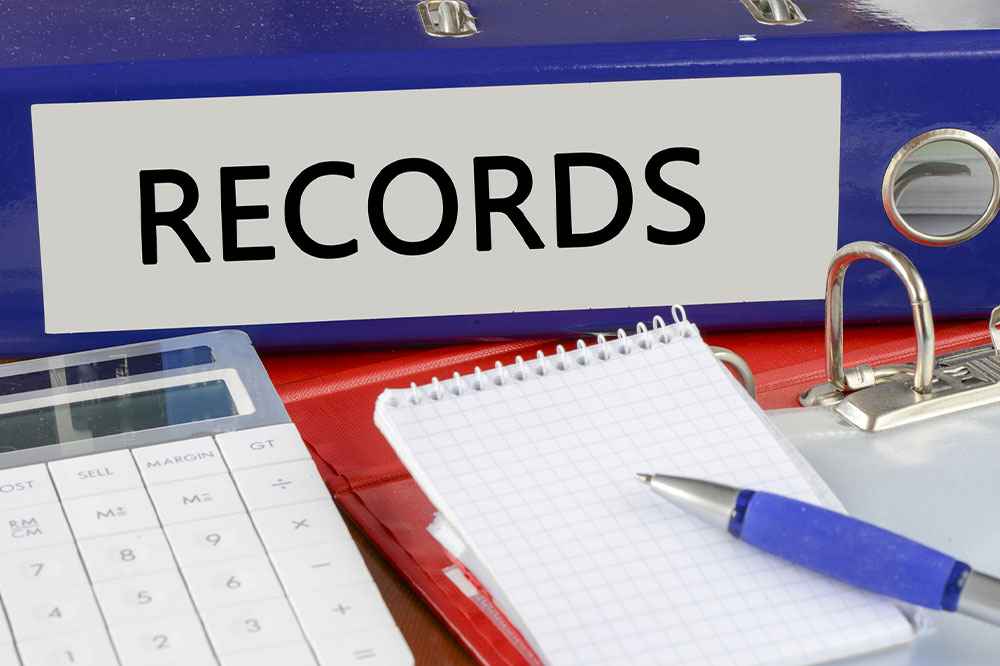The Essential Guide to Property Documentation and Its Significance
This comprehensive guide highlights the importance of property documentation in real estate. It explains how these records verify ownership, resolve disputes, support legal processes, and streamline transactions. Understanding these documents is vital for property owners, buyers, investors, and legal professionals to protect rights and ensure legal compliance. The article covers key types of property records, their functions, and the significance of accurate and updated documentation in today's digital era, emphasizing their crucial role in safeguarding property rights and facilitating smooth transactions.

Property documentation plays a vital role in the real estate industry, serving as the backbone for verifying ownership, facilitating transactions, and protecting rights. These documents provide a comprehensive account of land and property details, including ownership status, legal descriptions, and historical transaction records. A dedicated property records office or registry maintains and updates this information regularly to ensure accuracy and accessibility. Proper understanding of property documentation is crucial for homeowners, buyers, investors, and legal professionals alike.
Property records typically include a range of essential documents such as title deeds, proof of ownership, sale agreements, mortgage records, tax assessments, and lien information. These documents collectively certify the legal ownership of a property, outline any encumbrances or restrictions, and establish the property's boundaries. For example, a title deed confirms who has legal ownership rights, while recorded sales transactions demonstrate the property's transfer history.
One of the core functions of property records is to resolve ownership disputes. When multiple parties claim ownership or when boundary disagreements arise, official documentation acts as the authoritative source to settle these conflicts. Moreover, these records are essential when assessing property taxes, applying for mortgages, or refinancing existing loans. They provide lenders and financial institutions with verified information necessary to gauge the property's value and legitimacy.
In addition to ownership issues, property documentation is integral to handling legal matters such as easements, liens, and inheritance. An easement, for instance, grants rights for utilities or access, which must be legally documented to prevent future disputes. Similarly, when a property owner passes away, clear records are critical for the legal transfer of estate rights to heirs. These documents ensure transparency and compliance with legal statutes.
Maintaining accurate property records is increasingly important in today’s digital age. Many jurisdictions now provide online access to property databases, allowing owners and interested parties to verify details conveniently. This transparency reduces fraud risks and enhances market confidence. However, property owners must also ensure their records are kept up to date, especially after transactions or improvements, to prevent potential issues in future legal or financial dealings.
Overall, understanding the significance of proper property documentation cannot be overstated. It safeguards property rights, ensures legal compliance, and facilitates smoother real estate transactions. Whether you are buying, selling, or managing property, knowledge of these records and their proper maintenance is essential for a secure and straightforward process. Recognizing the roles these documents play helps all stakeholders navigate the often complex landscape of property ownership with confidence and clarity.




